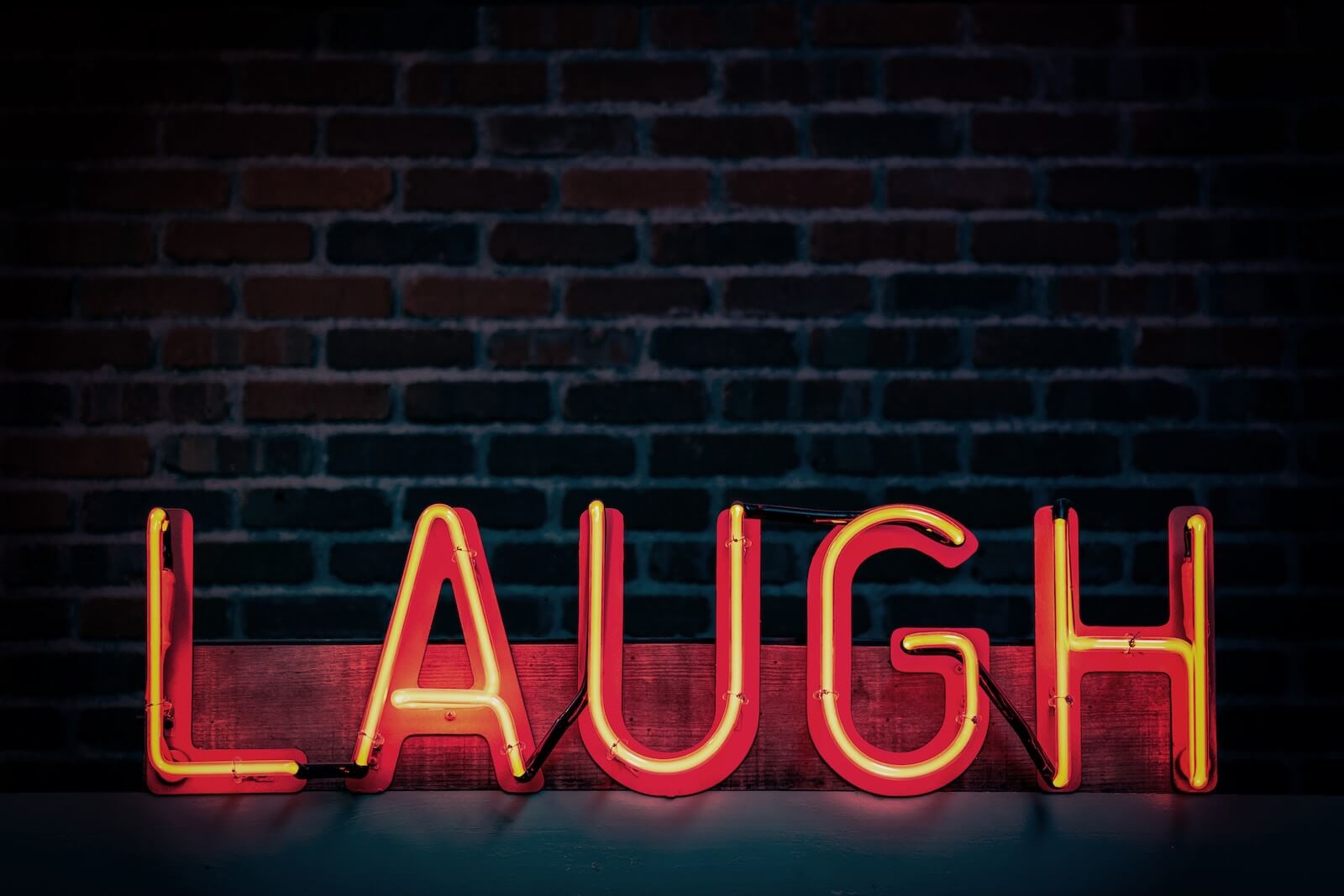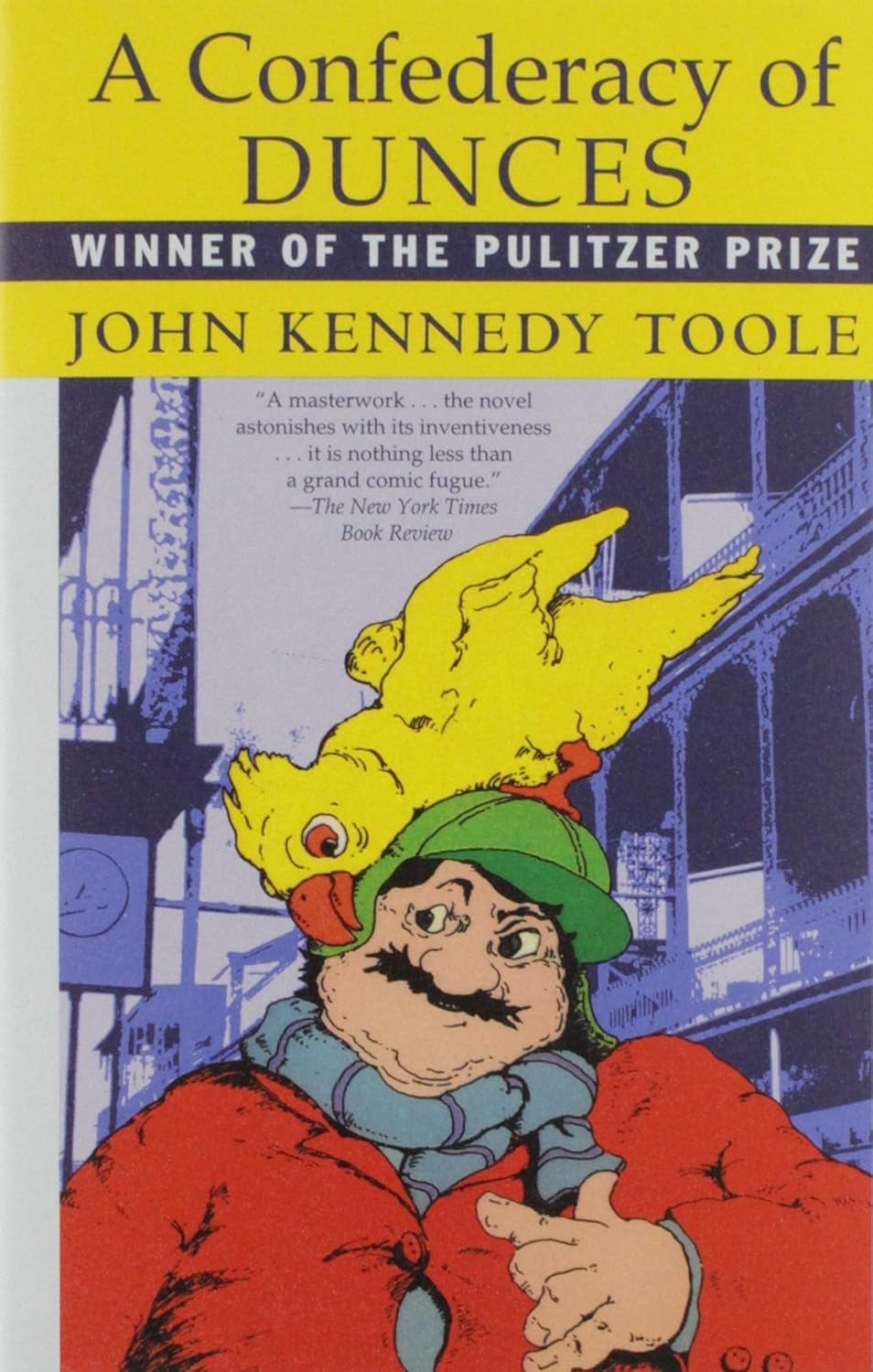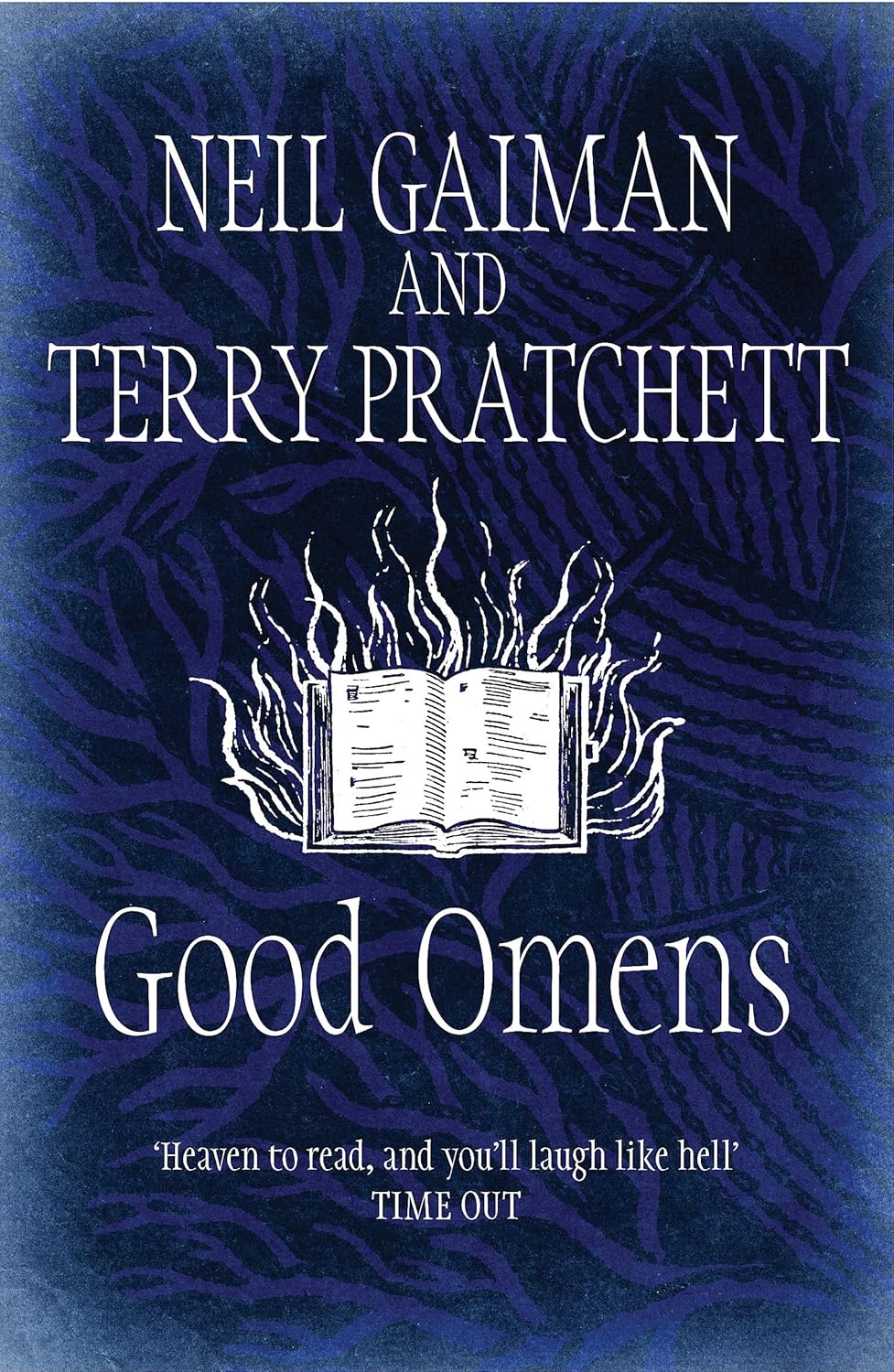Everybody could use a good laugh. Finding humor in life and situations is a skill that comedy writers have always used when cracking jokes or setting up funny scenarios. Books that can make a reader laugh out loud can be tricky to find, with so many to choose from. Our list of the top five funniest novels might help readers discover a chuckle or two.
Humor, specifically parody and satire are perhaps the oldest narrative devices used by storytellers and writers. A recently discovered manuscript from the 15th century reveals a treasure trove of medieval comedy performances, shedding light on British comedy and the role of minstrels in society. The texts, filled with mockery of kings, priests, and peasants, encourage the audience to get drunk and shock them with slapstick humor. The discovery challenges our understanding of English comic culture between Chaucer and Shakespeare.
In fact, the age-old saying “laughter is the best medicine” might be more accurate than you think. A new comprehensive review of several studies on the effects of humor therapy on patients with depression and anxiety suggests that incorporating comedy and laughter into treatment could be a powerful tool in mental health care. The results demonstrated that humor therapy can significantly enhance treatment for mild cases of anxiety and depression, confirming the long-held belief that laughter truly can be a form of medicine.
Ready for some giggles? We turned to our trusted sources to help us rank the five funniest books of all time. While these titles are surprisingly profound, they should also be good for a few laughs. Let us know your favorite funny novels in the comments below!

The List: Funniest Novels, According to Readers
1. “A Confederacy of Dunces” by John Kennedy Toole (1980)
One of the funniest books of all time, this book is absurd humor at its best. “A Confederacy of Dunces” also has a tragic backstory. Esquire explains, “If you can swallow the tragedy of its publication, then ‘A Confederacy of Dunces’ is a comedic masterpiece whose pages sing with one of the greatest fictional creations in literature. Toole wrote the novel – set in New Orleans – in the early ’60s, and his failure to find it a publisher led him to eventual suicide in 1969. (Its subsequent success and posthumous Pulitzer in ’81 only compound the grim irony.)”

Reader’s Digest praises, “John Kennedy Toole won a posthumous Pulitzer Prize for his epic [1980] novel. In short, ‘A Confederacy of Dunces’ is a modern masterpiece and hands-down one of the greatest comedy books of all time. Prepare for a madcap adventure with hilarious descriptions, funny sayings and a brilliant plot that follows the tragicomic hero, Ignatius J. Reilly, through a series of zany scenes and exploits.”
Short List exclaims, “John Kennedy Toole didn’t live to see his saucy tale of the faintly repulsive, yet oddly endearing Ignatius J. Reilly published, but thanks to the persistence of his mother, we can all share in Reilly’s gaseous emissions and his attempts at obtaining gainful employment in New Orleans.”
2. “Catch-22” by Joseph Heller (1961)
“Catch-22” is a great example of satirical humor that criticizes war. This excellent read is so iconic that its title is still an idiomatic phrase in English meaning a sort of bureaucratic “lose-lose” scenario. Powell’s Books Blog says, “Biting, black, bitter, and very, very funny, ‘Catch-22’ is the greatest war satire in the language and one of the greatest satires of the 20th century, period. If you haven’t read it, lay in a case of bourbon and get reading.”

“Widely considered one of the most significant novels of the 20th century, Heller’s WWII satire is about a group of airmen’s repeated attempts to avoid combat missions that appear to lead to certain death,” elaborates Pure Wow.
NPR describes, “Structurally innovative and blisteringly funny in its indictment of humanity in general and the military in particular, Heller’s novel became a phenomenon, and its title, referring to a military diktat that a soldier cannot claim insanity to avoid flying missions, because asking not to fly proves one sane, entered the lexicon as a means to describe, broadly, a no-win situation.”
3. “The Hitchhiker’s Guide to the Galaxy” by Douglas Adams (1978)
This famous title started as a broadcast radio comedy in 1978. This stylistic choice shows in certain passages within the text that are funnier when read aloud. Penguin claims, “If you can carve a comic masterpiece from an end-of-the-world disaster plot, then you must be doing something special. Douglas Adams’ ‘The Hitchhiker’s Guide to the Galaxy’ is the colorful tale of the last surviving human, Arthur Dent, and his adventures in space after the destruction of earth by a Vogon fleet.”

“Seconds before the Earth is demolished to make way for a galactic freeway, Arthur Dent is plucked off the planet by his friend Ford Prefect, a researcher for the revised edition of ‘The Hitchhiker’s Guide to the Galaxy’ who, for the last fifteen years, has been posing as an out-of-work actor,” relates Book Riot.
“‘The Hitchhiker’s Guide to the Galaxy’ began life as a Radio 4 show in 1978 and has since spawned adaptations across almost every format, making it a staple on every respectable list of the best sci-fi books. But, unlike most sci-fi, it’s also well-deserving of its place on a list of funny books,” reviews Pan Macmillan.
4. “Good Omens: The Nice and Accurate Prophecies of Agnes Nutter, Witch” by Neil Gaiman and Terry Pratchett (1990)
This unusual narrative combines the storytelling talents of two all-time great British authors. The dry humor and absurd apocalypse make for a highly entertaining read. Barnes & Noble tells, “Trust us: if authors Gaiman and Pratchett are in charge of Armageddon, it’s going to be a hilarious event. In ‘Good Omens,’ these two warped and witty Brits serve up their version of the end times, in which a witch whose prophecies always come true lets everyone know the world will end next Saturday before dinner.”

Short List offers, “Take two of the smartest, wittiest and most imaginative writers who have ever lived and ask them to dream up a book, and that’s ‘Good Omens.’ Created by Neil Gaiman and Terry Pratchett, it’s a raucous mix of genres, including some magical realism, fantasy, occult and, as with much of their other work, an intelligent dash of comedy.”
Reader’s Digest states, “Two stellar writers teamed up in 1990 for this uproarious romp about the end times. Even the subtitle— ‘The Nice and Accurate Prophecies of Agnes Nutter, Witch’ —is a laugh. Both authors are known for their powerfully original and hilarious novels about all things madcap and fantastical. You’ll be amazed by their joint foray into the world of witches, angels and demons, a fast-paced tale that’ll keep you rapt and laughing throughout.”
5. “Portnoy’s Complaint” By Philip Roth (1969)
This hilariously funny book is mostly a dialogue between a perversely disturbed man and his therapist. It captures the 1960s zeitgeist and approach to vulgar humor. “Named for the psychiatric disorder in which ‘altruistic impulses are perpetually at war with extreme sexual longings,’ Philip Roth’s masterpiece is told from a psychoanalyst’s couch. This comedic jewel launched Roth to the forefront of American literature in the ’60s and continues to delight readers with its bravery and bawdiness,” comments Barnes & Noble.

Short List adds, “This is a dynamic, coarse and riotous novel that is framed around a monologue given by the narrator Alexander Portnoy to his psychoanalyst Dr. Speilvogel. Emblematic of the times (it was published in 1969), this repudiation of societal norms was both uproarious and profound.”
“This book is sick in more ways than one and for all the right reasons. Roth faced a hailstorm of publicity (both good and bad) after the publication of this sexual novel that still holds up well on the cringe factor. I sometimes feel guilty laughing at this book, but not enough to stop me from multiple rereads,” details Powell’s Books Blog.
You might also be interested in:
Sources
- Esquire
- Reader’s Digest
- Short List
- Powell’s Books Blog
- Pure Wow
- NPR
- Penguin
- Book Riot
- Pan Macmillan
- Barnes & Noble
Note: This article was not paid for nor sponsored. StudyFinds is not connected to nor partnered with any of the brands mentioned and receives no compensation for its recommendations.
Lea la versión en español en EstudioRevela.com: Libros más divertidos: Las 5 novelas más hilarantes más recomendadas por expertos.

The Ginger Man by J.P. Dunleavy is far funnier than your #’s 3-5.
Nothing from PG Wodehouse??
Three Men in a Boat, by Jerome K. Jerome.